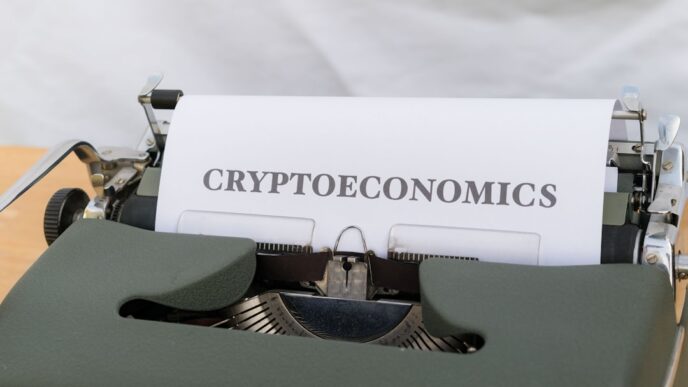In recent years, a technological revolution has quietly gained momentum, fundamentally reshaping how financial transactions are conducted across borders. Decentralized finance, or DeFi, has emerged as a potent force that extends beyond the confines of traditional banking, offering innovative solutions that challenge established norms. Countries with underserved populations, such as Nigeria and India, provide vivid examples of how this emerging landscape could redefine economic participation and financial equity.
Take Nigeria, for instance, where nearly half of the adult population remains unbanked, according to the World Bank. Here, the rise of decentralized finance platforms is making waves. With mobile internet penetration surging, young entrepreneurs are leveraging blockchain technology to create peer-to-peer lending platforms that bypass the limitations of conventional banking. Services like Cowrywise and Kuda Bank are gaining traction, allowing users to save, invest, and transact without hefty fees or bureaucratic red tape.
DeFi’s capacity to offer low-cost, instantaneous transactions is a game changer, particularly for remittances, an economic lifeline for many families in developing nations. Traditional remittance services typically charge exorbitant fees and rely on lengthy processing times. In contrast, platforms utilizing blockchain enable users to send money from one wallet to another in seconds, often at a fraction of the cost. For example, companies like SendFriend are using blockchain to streamline cross-border payments, making it more accessible for the diaspora to support their families back home.
Central banks are taking notice. Countries like China are already piloting central bank digital currencies (CBDCs) to retain control over monetary policy while also embracing the benefits of blockchain technology. The People’s Bank of China is leading the charge with its digital yuan, aiming to enhance payment systems and curb capital flight. As nations explore such initiatives, the implications for global finance could be profound, echoing the transformative impact of the internet in the 1990s.
However, navigating the DeFi landscape is not without its challenges. Regulatory uncertainty looms large, as governments grapple with how to address issues like consumer protection, fraud, and market volatility. In the United States, the SEC has been increasingly scrutinizing DeFi projects, creating an environment characterized by caution. This regulatory tug-of-war could either stifle innovation or lead to the creation of more robust frameworks that balance protection with the need for economic advancement.
Moreover, educational barriers persist. The complexities of blockchain technology can be daunting for individuals unfamiliar with its underlying concepts. Initiatives aimed at educating users, particularly in developing countries, will be crucial in ensuring equitable access to these financial tools. Organizations like the Blockchain Education Network are already working on this front, providing resources to empower individuals with knowledge on using these emerging technologies effectively.
The rise of decentralized finance is not just a technological trend; it represents a fundamental shift in how we conceive of money and value. While significant hurdles remain, the potential for fostering economic inclusion and creating resilient financial ecosystems is too substantial to ignore. Countries that embrace these innovations while addressing regulatory challenges may find themselves at the forefront of a new economic order—one that transcends borders and democratizes access to financial resources.













